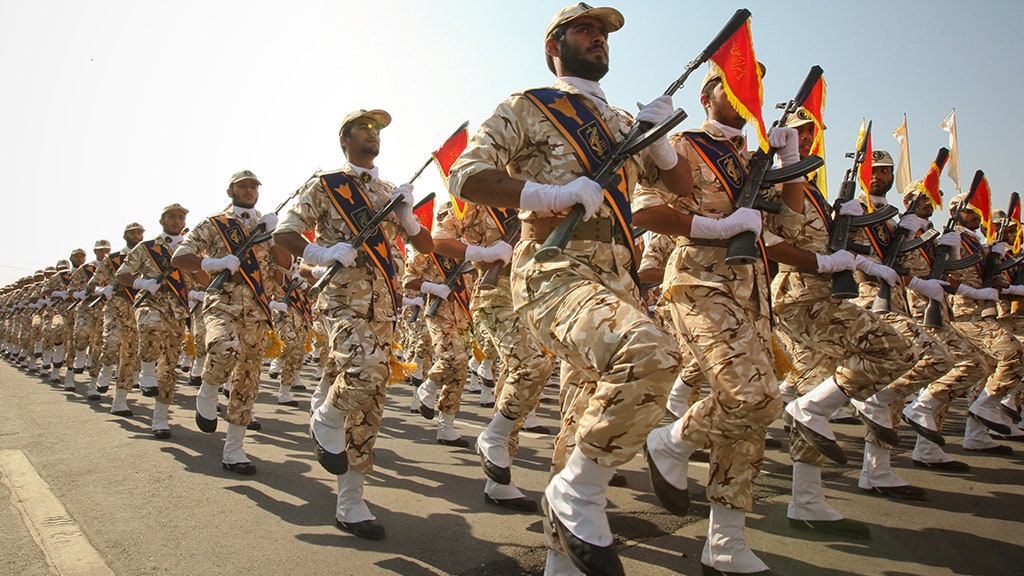The specter of terrorism, emanating from both Iran and jihadist groups, has prompted South Africa’s Chief Rabbi, Dr. Warren Goldstein, to establish a specialized Counter-Terror Task Force. This proactive measure follows a recent bomb attack on the Samson Community Center in Cape Town, a hub for several Jewish organizations, where an undetonated improvised explosive device served as a stark reminder of the escalating threat landscape. Recognizing the global nature of this challenge, Rabbi Goldstein emphasizes that Jewish communities worldwide are facing heightened risks, particularly due to the Iranian regime’s sponsorship of terrorism and its strategic targeting of Jewish populations. The task force, therefore, aims to develop recommendations applicable not only within South Africa but also globally, contributing to the broader security of Jewish communities around the world.
Adding to the complexity of the situation, Africa’s increasing prominence as a hub for global jihadist terrorism further amplifies the concern. The continent has witnessed a surge in activity from groups like al-Shabab, Boko Haram, and ISIS, significantly raising the threat level for various communities, including both Jewish and Christian populations. Rabbi Goldstein notes the disproportionate impact of jihadist terrorism on Christians across Africa, highlighting the thousands of lives lost annually due to their faith. This underscores the broader implications of the task force’s work, extending beyond the Jewish community to address the safety and security of all South Africans and citizens worldwide.
The composition of the Counter-Terror Task Force reflects its global focus and the gravity of the threat it seeks to address. The team comprises distinguished experts in counter-terrorism, including Admiral Mike Hewitt, former deputy director for Global Operations at the U.S. Defense Department; Dean Haydon, former senior national coordinator for counter-terrorism in the United Kingdom; Major General David Tsur, former commander of the counter-terrorism unit in the Israeli Police; and Andre Pienaar, co-founder of South Africa’s Directorate of Special Operations. This assembly of experienced professionals brings a wealth of knowledge and expertise to bear on the complex challenges of combating terrorism in a rapidly evolving threat environment. The task force will also leverage additional resources and personnel as needed to effectively fulfill its mandate.
The immediate objective of the task force is to enhance the security of South Africa’s Jewish community against potential attacks. However, its broader goal extends beyond this immediate concern, aiming to improve the safety and security of all South Africans and contribute to global counter-terrorism efforts. By addressing the root causes of terrorism and developing effective strategies for prevention and mitigation, the task force seeks to create a more secure environment for all. This dual focus, encompassing both specific community protection and broader societal security, reflects a comprehensive approach to tackling the complex issue of terrorism.
The political backdrop to these security concerns is further complicated by the South African government’s stance at the International Court of Justice, where it has accused Israel of genocide in relation to the war in Gaza. Rabbi Goldstein notes that this position has stigmatized Jewish communities both within South Africa and globally. However, he also emphasizes the distinction between government views and public opinion, highlighting that the South African public generally holds moderate and pragmatic views on Israel. This distinction is crucial in understanding the nuanced dynamics within the country and the potential impact of government policies on inter-community relations.
Data on antisemitic incidents in South Africa provides further context. Professor Karen Milner, national chair of the Jewish Board of Deputies, reports 128 recorded antisemitic incidents in 2024, the second-highest number since record-keeping began in 1998. She notes that the majority of these incidents were verbal assaults, hate mail, or antagonism, with few escalating to physical violence. While the 2024 figures are significant, representing a potential increase in antisemitic sentiment, it’s important to consider the context of the Hamas attack on Israel in October 2023, which likely contributed to a surge in incidents. Despite these challenges, Professor Milner emphasizes that antisemitism remains relatively low in South Africa compared to other countries, and the country continues to be a relatively safe space for Jewish identification and religious practice. This nuanced perspective underscores the importance of interpreting data within its specific context and considering all relevant factors when assessing the safety and security of a community.















